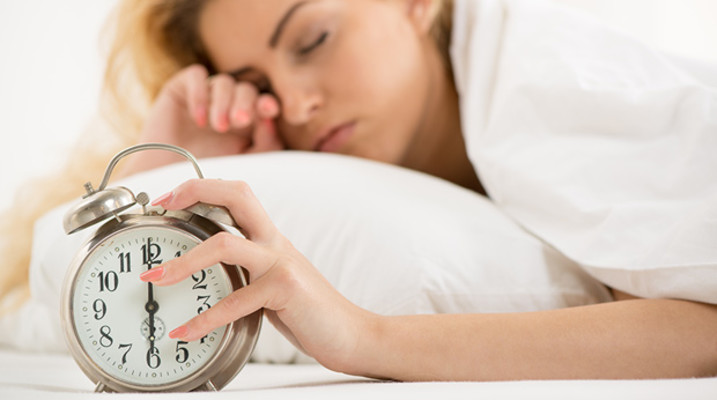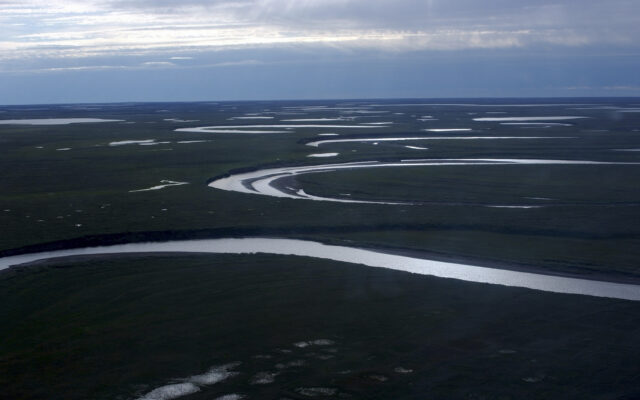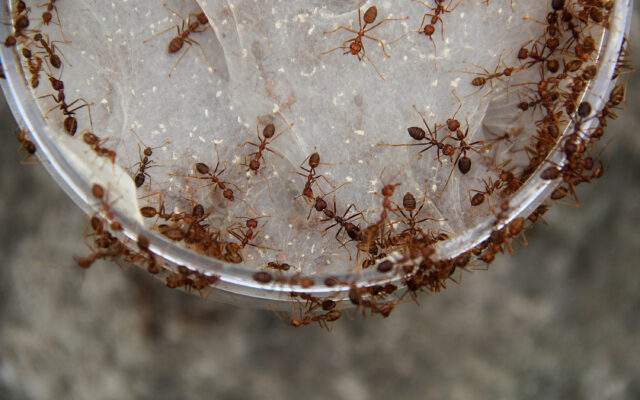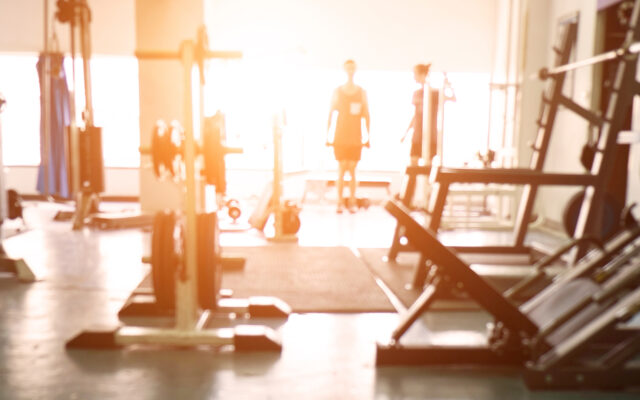How Daylight Saving Time Can Be Dangerous


The world is about to be a more dangerous place – thanks to Daylight Saving Time! Most of us will make the switch on Sunday the 13th, moving our clocks ahead an hour. But the effects of that change go WAY beyond getting a bit more daylight in the evening. It has a big impact on health and safety! Here are a few facts you should know:
-
The change is hardest on night owls. Because daylight lasts longer – they may stay up even LATER because their sleep hormone, melatonin, won’t start kicking in until later. And because the sun will rise later, they’ll have a harder time waking up in the dark.
-
In general, losing an hour of sleep is a lot harder on everyone than gaining an hour in the Fall. It makes people more restless at night and can disrupt sleep patterns for a week, leaving people groggy and more prone to accidents. In fact, car crashes the week after the time change go up 6 percent.
-
There’s also a spike in heart attacks the first week after we “spring forward.” It’s because we’re sleep deprived and that messes with our immune system, making us more vulnerable. In fact, in Kazakhstan, they abolished Daylight Saving Time because it was a health hazard!
So, why is it so difficult to adjust to a one-hour time change? Because when you get up before the sun, your brain doesn’t get its cue to stop making the sleep hormone melatonin, and you end up feeling groggy all day. But you can make the adjustment a little easier. Try this: On Saturday the 9th of March, go to bed 30 minutes early. And get up 30 minutes earlier on Sunday and go outside. Even if it’s cloudy or rainy, your body will re-set its internal clock. It’ll make the transition to Monday much easier, when you need to get up an hour earlier.






